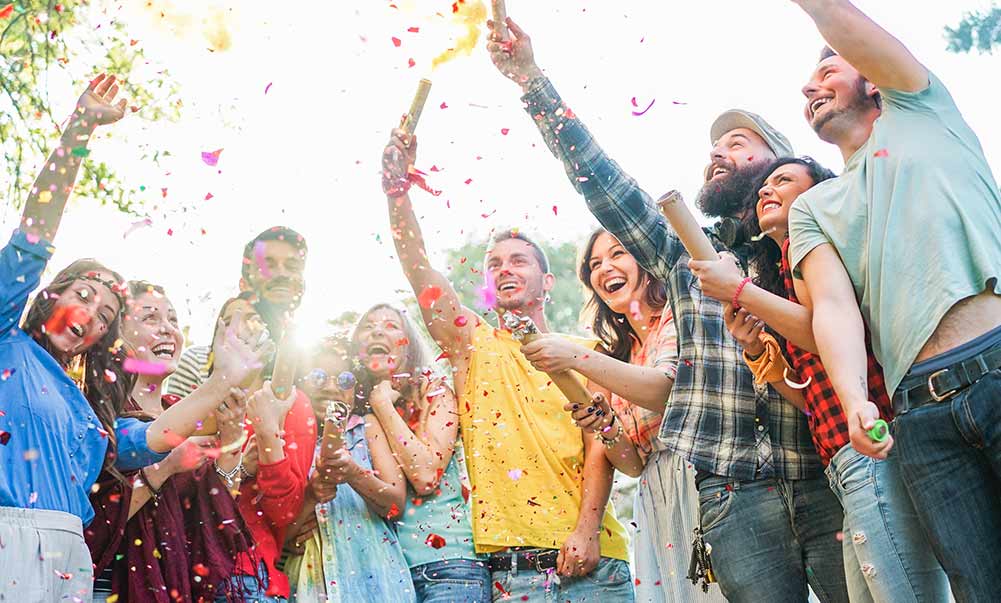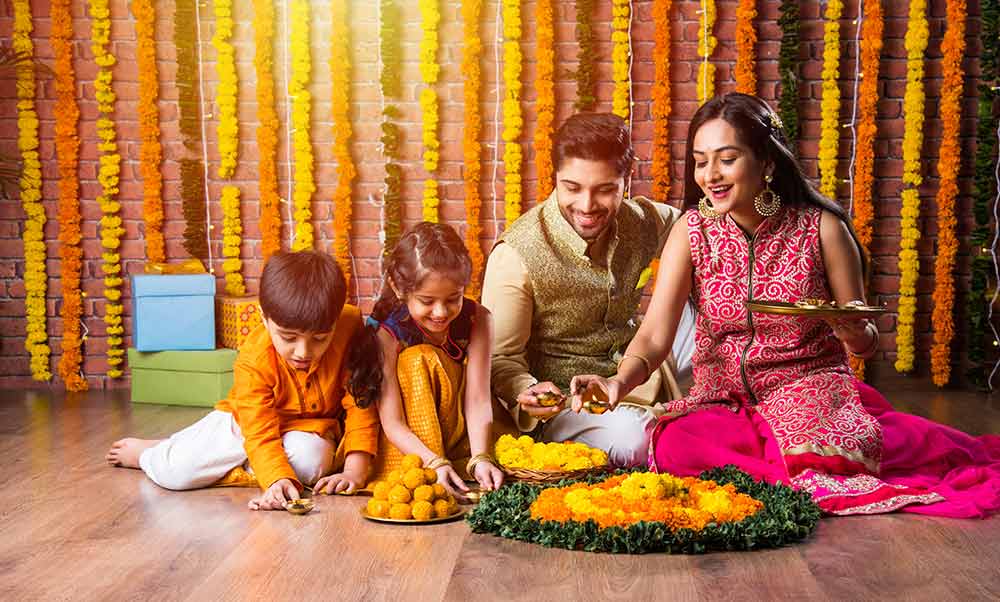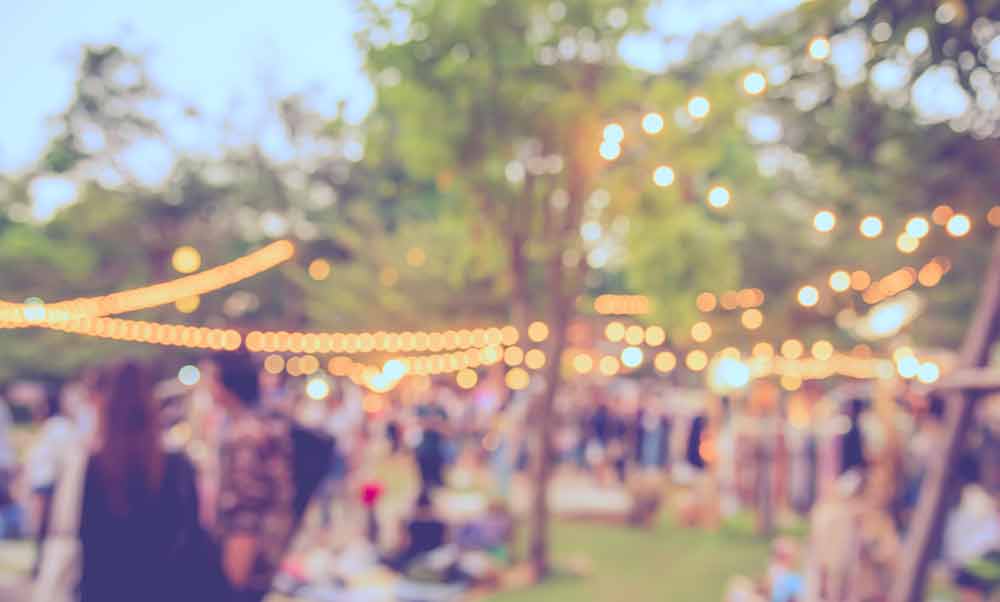Let's look at some hard facts. COVID-19 changed the world we live in, putting all major cultural events and festivals on pause in 2020, and for the major part of 2021. All major event gatherings have had to be reimagined, postponed, downscaled, or cancelled altogether. And for a country like ours, which is known for its varied festivals and festivities, it was nothing short of exasperating. But with the festive season in full swing in the latter half of the year, is it time now to get back to our old ways of celebrations?
Festival and large event organisers aimed to make a comeback by 2021, or latest by 2022, demonstrating that culture can be celebrated and showcased safely. But how strong is the desire for large-scale gatherings? How important are they to us? As viewers, participants, donors, and organisers, how secure do we feel?
Why do festivals matter, for example, is a common topic. How do we quantify their worth? How long can they last in the aftermath of a large pandemic? A further dilemma arises: how responsible is it to continue organising huge spectacles and bringing people together in the midst of a worldwide health crisis caused by viral transmissions?
After a year spent primarily in isolation, with practically all solace sought online, and digital entertainment (as well as socialising) platforms increasing at an exponential rate, debates have erupted over our human need for culture and large-scale social gatherings.

Some have claimed that we should look for alternatives because large crowds are no longer safe, and that—given the safety and financial consequences—we could be better off without them permanently. However, there is a flip side.
Gatherings—both virtual and physical—make a difference. The opportunity to share a common experience as a community has significant symbolic value. Festivals provide this platform by concentrating our exposure to cultural events into a single time and location. This means that festival attendees must be there and engage in the culture at the same time as others, resulting in profound, often life-changing shared memories.
Festivals also provide an opportunity for this shared experience to occur among people who might not normally meet or assume they may have common interests. Many events and festivals have a transversal quality that appeals to people of all decades, socio-economic backgrounds, and cultural preferences.
In an era characterised by private, virtual, and 'on-demand' cultural consumption, these distinguishing qualities have become even more significant. However, when it comes to cultural involvement, we don't have a clear understanding of what these disparities signify. This is partly because until recently, the chance for a 'collective encounter' was taken for granted.
How do we comprehend, analyse, and evaluate festivals in a way that considers their symbolic value, intangible impacts, and legacies? What do we mean when we say 'joy' and 'human need'? Why do we require shared experiences? When it comes to culture and the arts, why does 'time, place, and space' matter?
These considerations have become urgent after more than a year of lockdowns and the anxiety caused by a pandemic, at a time when mental health disorders are on the rise. If we worked toward more diversified, holistic, and adaptable observations of festivals and cultural events as different shared experiences, we might be able to answer them.

Another crucial question concerns what will happen next. Long before the pandemic, sustainability and legacy were hot topics of discussion at large events and festivals.
The pandemic has compelled a serious examination of these issues. The cultural events and festival industry has been badly battered, and it may feel more susceptible than the others. However, we may argue that it has progressed even further and has reached a pinnacle of self-awareness and adherence to best practices. This circumstance could lead to significant resilience.
We are sociable animals that require occasions for communal joy. Festivals and other significant cultural events provide such a venue.
The variety of ways to engage with culture continues to grow, and there is much to be applauded about new digital options and the value of experimenting with hybrid engagement models.

Regardless, physical experiences matter, interacting with our surroundings has a positive impact on our health, and sharing joy with others makes us happier and more resilient as a community.
The immediate future of events and festivals will be heavily influenced by the COVID-19 pandemic's progress. It will be determined by the organisers' ability to comply with new health and safety rules. But, in the medium to long run, a deeper understanding of their value and significance is also required.
Also Read: 7 Reasons Why It Is Important For Your Girl Child To Spend Time In Nature
Also Read: 5 Ways To Manage Sensory Overload During The Festivals